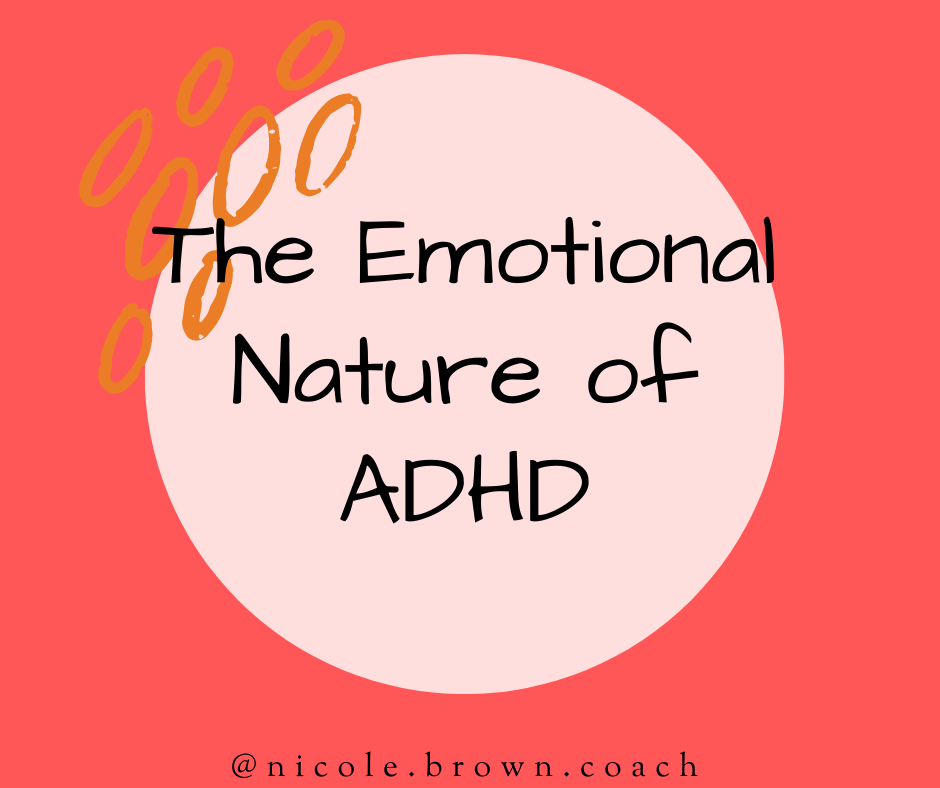The Emotional Nature of ADHD
Our love-hate relationship with emotions: we seek more of the positive and less of the negative. People with ADHD are no different. Or are they?
When you have ADHD you experience emotions more intensely – the highs are super high (think ecstatic), and the lows are super low (think devastation). When powerful emotions kick in there is little room for thinking. And this can be a problem for all concerned.
Emotions bring about a change in our mind and body. There is a level of arousal to a situation which we either pay attention to or not, an evaluation occurs, and there is a response.
When self-regulation is impaired as with ADHD, the ability to stop and think before responding is extremely difficult. Add impulsivity and inhibition to this and you add further complexities.
A person with ADHD may have an out of place or over the top emotional reaction, find it difficult to calm down once they become emotional, and in what can be viewed as hypocritical and selfish, they can seem unaware of and insensitive to the emotional needs of others.
The fallout from powerful emotions can be significant. Relationships are made and broken through communication. Workplaces expect professional behaviour. Societal norms demand emotional control.
People with ADHD are frequently aware of their overreactions and the idea they have upset someone is destructive to their self-esteem. Additionally, their friends will forgive many ADHD traits, but they rarely forgive the anger.
So, how do we manage emotional responses when emotional dysregulation in ADHD is so prevalent?
Here’s a starting point:


None of this is easy, but it is so worthwhile. In our next post we’ll tell you some of the reasons why.
Do you have a plan? Has this helped your understanding?

